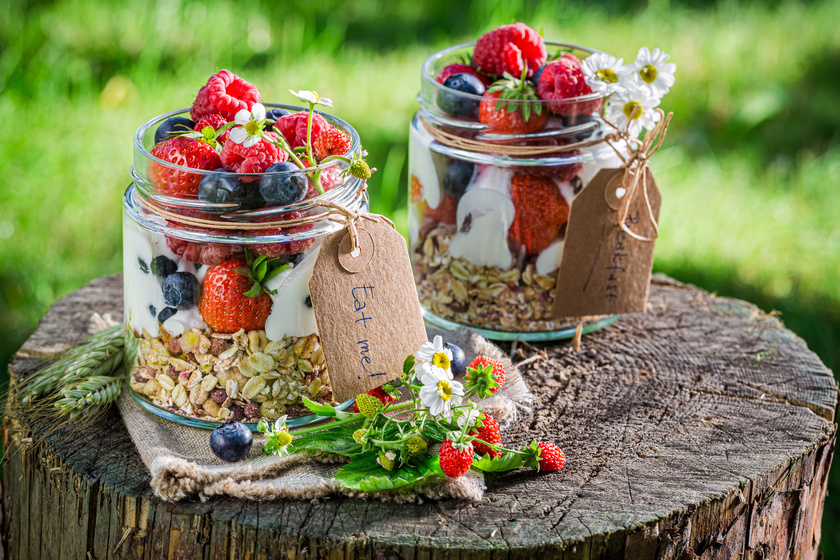Hippocrates, the Greek physician, once said, “Let thy food be thy medicine.” For many years, humans have known that food brings about many different benefits and that the types of food we eat have a direct impact on our health. Likewise, healthy aging can be achieved by maintaining a good, balanced diet. You can also eat your way to health by including foods high in antioxidants in your diet.
Antioxidants are compounds in food that protect our cells against free radicals, which may harm our bodies if their levels are too high. Loading up on antioxidants can not only keep you healthy but also help reduce the risk of diseases. Antioxidants can be found in a variety of food. Be sure to include these four best antioxidant foods in your daily meals!
Blueberries
Blueberries are an antioxidant powerhouse. They are anti-inflammatory and packed with potassium and Vitamin C. Studies showed that blueberries have significant benefits on high blood pressure and can lower the risk of heart disease and cancer. Best of all, they are low in calories!
Not only do they bring about many health benefits, but they also taste good. You can eat them on their own or add them to your breakfast yogurt. You can also try blending them into a juice or smoothie for a midday pick-me-up!
Beetroot
Beetroots are highly nutritious vegetables that are chock-full of vitamins, minerals, and antioxidants. They contain betalains, a powerful antioxidant that gives them their bright, reddish color, Vitamin C and B6, iron, potassium, and magnesium. Beets are a good fiber source, and they can help with digestive health and other related problems like constipation and irritable bowel syndrome (IBS). Beetroots are delicious and will make a great addition to your diet. You can use them to make balsamic roasted beets, fries, and salads.
Dark Green Vegetables
Green leafy vegetables, especially kale and spinach, contain high amounts of antioxidants. Kale and spinach are packed with antioxidants such as lutein and beta-carotene. Lutein protects the eye from tissue damage and reduces cell loss related to eye disease, while beta-carotene reduces the symptoms of dementia and age-related cognitive decline. Both vegetables can be used in a variety of dishes, including soups, smoothies, and salads.
Goji Berries
Goji berries, also known as wolfberries, are a superfood rich in vitamins and antioxidants. Goji berries provide Vitamin C and A, fiber, and iron. They also contain a type of antioxidant called Lycium barbarum polysaccharides, which has been linked to reduced risk of heart disease and is said to help combat skin aging.
Goji berries are versatile and can be eaten in many ways: raw, cooked, or dried. You can also add them to water, tea, or juices. However, goji berries might interact with certain drugs such as blood-thinning or blood pressure drugs. Hence, it is recommended that you consult your doctor before adding this to your diet if you are currently on medication.
Healthy Aging
To age healthily, we need to eat right. However, maintaining a healthy diet and practicing good lifestyle habits need to go hand in hand. Other than eating well, you should also incorporate a fitness regime into your daily life, maintain good oral health, keep your mind active, and pay attention to other aspects of your health and wellness.







